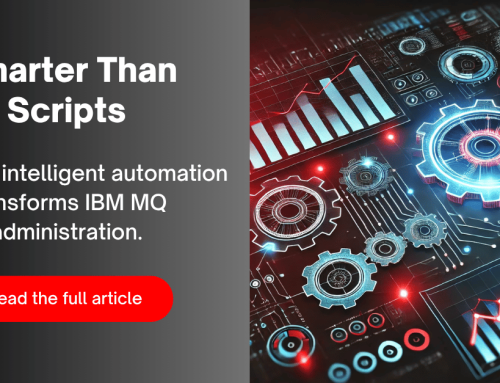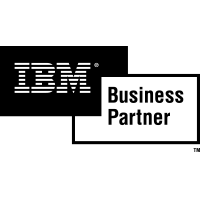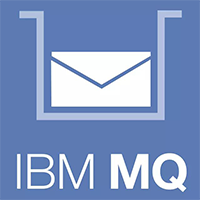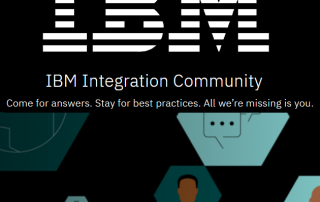Navigating MQ: From Basics to Best Practices
Lesser-known IBM® DataPower® Best Practices
IBM DataPower offers a robust platform for securing, integrating, and optimizing the flow of data within an enterprise. This comprehensive guide, the second article in our ‘Navigating MQ‘ series, discusses some lesser-known best practices to maximize the benefits of IBM DataPower. Following our exploration of IBM MQ in the previous article Lesser Known: IBM MQ Practices, this piece continues to provide specialized insights for enhancing your enterprise’s data handling capabilities.
1. Secure Configuration
- Hardening Configurations: Customize configurations according to security best practices, disabling unnecessary services and ports.
- SSL/TLS Offloading: Leverage DataPower’s capabilities to offload SSL/TLS processing, reducing the load on backend servers.
2. Access Control and Authenication
- Implement Access Control Lists (ACLs): Define granular controls over resources by using ACLs to restrict access to specific IPs or users.
- Use OAuth/OpenID Connect: Employ OAuth or OpenID Connect for robust authentication and authorization mechanisms, especially in API scenarios.

3. Error Handling and Logging
- Centralized Logging: Configure DataPower to send logs to a centralized logging system for easy monitoring and analysis.
- Error Handling Policies: Customize error handling policies to provide meaningful responses to clients and prevent sensitive data exposure.
4. Caching and Optimization
- Caching Strategies: Implement caching mechanisms to reduce backend server loads and enhance performance for frequently accessed resources.
- Code Optimization: Optimize XSLT and GatewayScript code for better performance and reduced execution time.
5. Monitoring and Alerts:
For monitoring and administration solutions, you’ll need a platform that is specific to DataPower and can manage it without the need to deploy agents. Deploying software agents for monitoring or management of DataPower, or any appliance, brings forth a range of security risks that may compromise the reasons you’re using a gateway device in the first place and organizations must consider these carefully. While these agents are designed to collect data and perform specific tasks, they often require elevated privileges to access system resources, which can potentially introduce vulnerabilities. These agents, if compromised, could serve as an entry point for attackers to infiltrate the system, allowing unauthorized access or manipulation of critical data.
Furthermore, each additional agent introduces a new component to the ecosystem, increasing the attack surface and complexity of managing security patches and updates. Additionally, poorly managed or outdated agents might become outdated, leaving known vulnerabilities unaddressed and exposing the system to exploitation. Hence, organizations must conduct thorough risk assessments and implement stringent security measures to mitigate these inherent risks associated with software agents.
6. Backup and Recovery:
- Regular Backups: Establish a backup strategy for configurations and cryptographic material to ensure quick recovery in case of failures.
- Disaster Recovery Plans: Develop and test disaster recovery plans to minimize downtime in the event of major failures.
7. Performance Tuning
- Optimize Processing Policies: Tune processing policies and configurations to align with your specific workload requirements and optimize DataPower’s performance.
- Monitor Resource Utilization: Regularly monitor CPU, memory, and disk usage to identify potential bottlenecks and optimize resource allocation.

8. Firmware Upgrades and Patch Management
- Stay Updated: Keep DataPower firmware updated with the latest patches and fixes to benefit from security enhancements and performance improvements.
- Test Before Deployment: Thoroughly test firmware upgrades in a non-production environment to avoid disruptions in live systems.
9. Documentation and Training
- Comprehensive Documentation: Maintain detailed documentation of configurations, policies, and troubleshooting procedures for efficient management and support.
- Regular Training: Train administrators and developers regularly to ensure they are up-to-date with the latest features and best practices.
Implementing these lesser-known best practices can significantly enhance the security, performance, and reliability of IBM DataPower deployments, enabling organizations to streamline data integration and delivery while ensuring robust protection against threats. Stay tuned for our next ‘Navigating MQ‘ series article, where we focus on optimizing MQ channel configurations to further strengthen your technology infrastructure.
To make this journey easier, fill out the form below and we’ll send the latest piece of expert knowledge directly to your inbox. Stay ahead in your MQ journey with our expert guidance.
Infrared360® Resources
More Infrared360® Resources




















